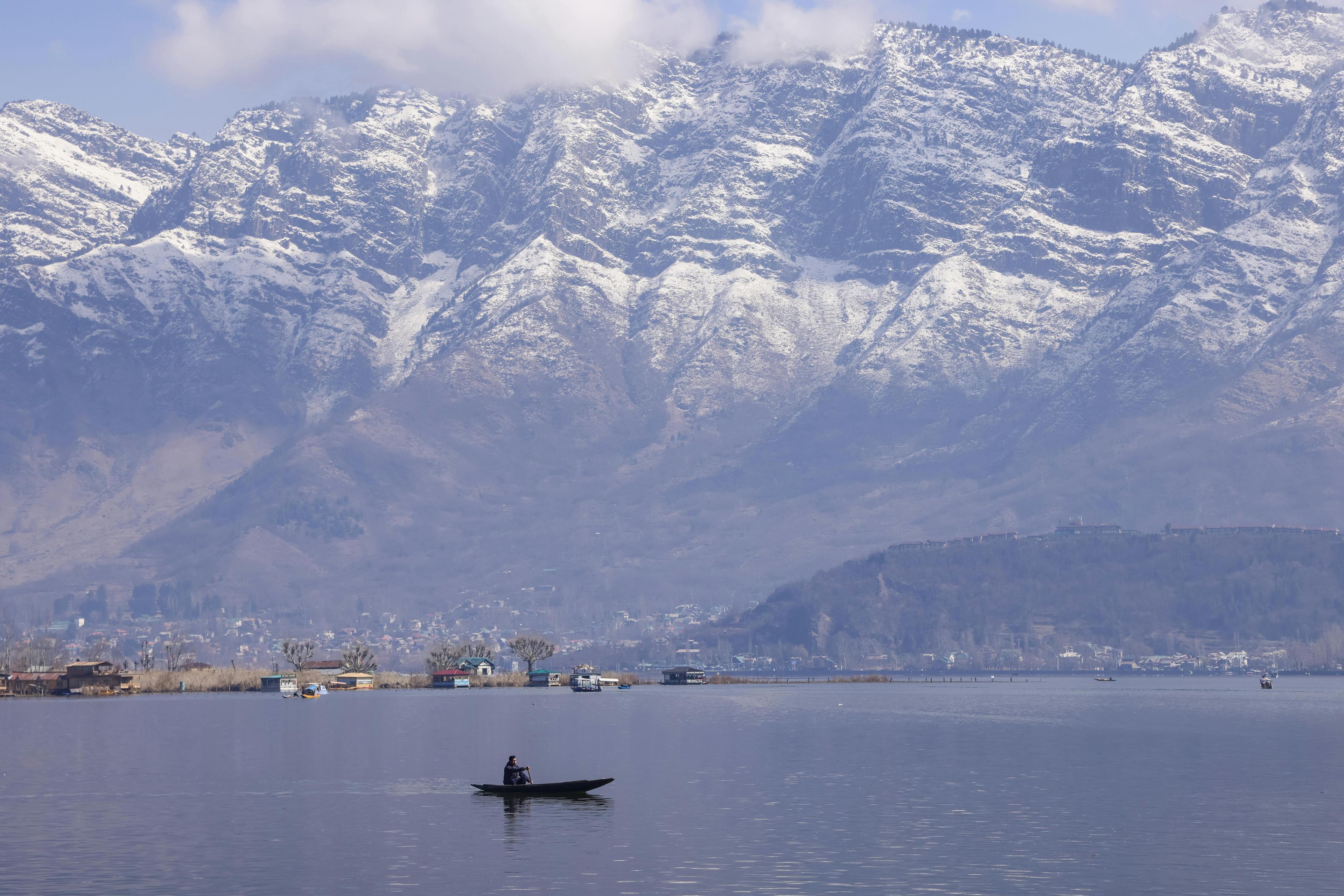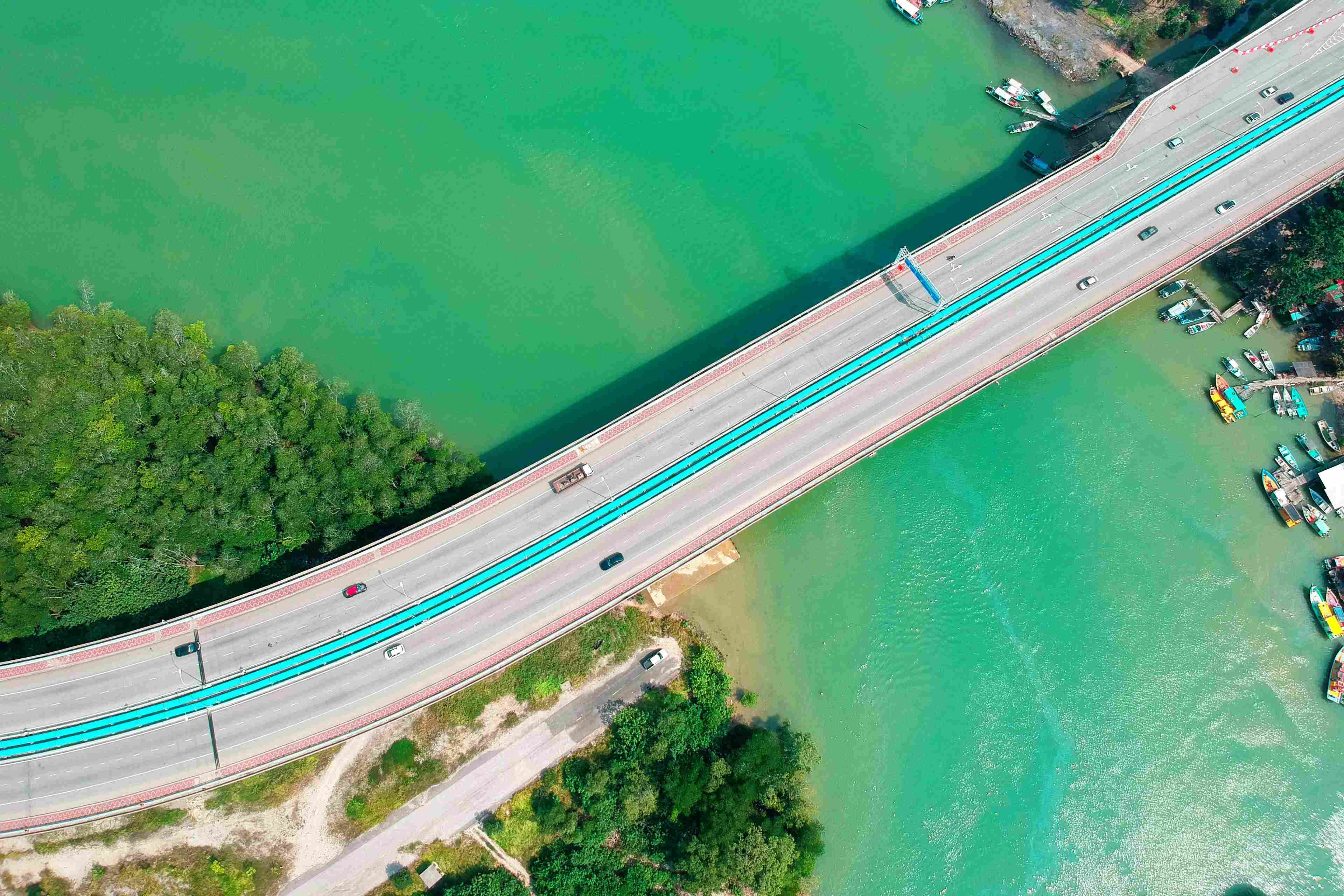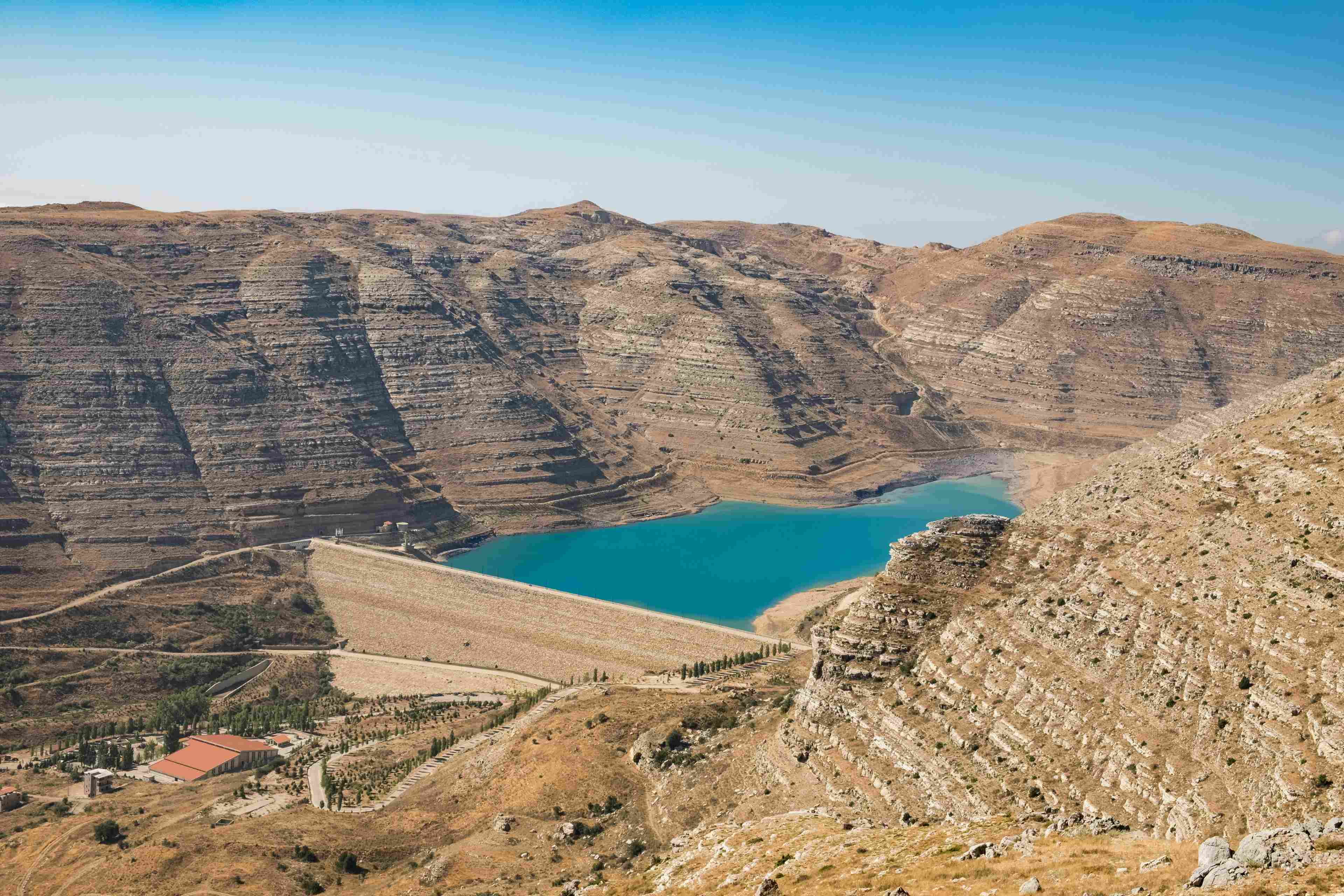
NEW DELHI/ISLAMABAD (Enmaeya News) — The decades-old Indus Waters Treaty between India and Pakistan has been thrown into jeopardy after India unilaterally suspended the pact on April 24, 2025. The decision followed a deadly militant assault in the Pahalgam region of Indian-administered Kashmir, which claimed the lives of 26 tourists.
Islamabad swiftly condemned the suspension, warning that any tampering with its access to the Indus River system—vital for agriculture and energy—would be regarded as an act of war. The diplomatic rupture comes at a time when climate change is already threatening the sustainability of shared water resources in the region.
Signed in 1960 and brokered by the World Bank, the Indus Waters Treaty has long served as a rare pillar of cooperation between the two nuclear-armed rivals. It grants India control over the eastern rivers (Ravi, Beas, Sutlej) and Pakistan rights to the western rivers (Indus, Jhelum, Chenab). Despite three wars and persistent cross-border tensions, the agreement had endured—until now.
The immediate cause of the breakdown was the Pahalgam incident, which India views as a tipping point in its security calculus. Analysts say the suspension marks a strategic escalation aimed at pressuring Pakistan diplomatically and economically.
The broader context is equally troubling. With Himalayan glaciers melting and erratic monsoon patterns disrupting river flows, both nations face mounting water stress. Experts warn that water, once a unifying necessity, could become a flashpoint for future conflict if cooperative mechanisms fail.
The World Bank, which has previously mediated disputes under the treaty framework, has yet to comment on the development. Meanwhile, both countries have downgraded diplomatic ties and expelled senior diplomats, signaling a deepening crisis.
Calls for renegotiation of the treaty are growing louder, with experts urging updates to address modern challenges like climate resilience and rapid population growth. However, given the current hostilities, prospects for a diplomatic breakthrough appear dim.
The international community, including the United Nations and regional actors, is urging restraint and dialogue to prevent further deterioration in South Asia’s already fragile security landscape.





